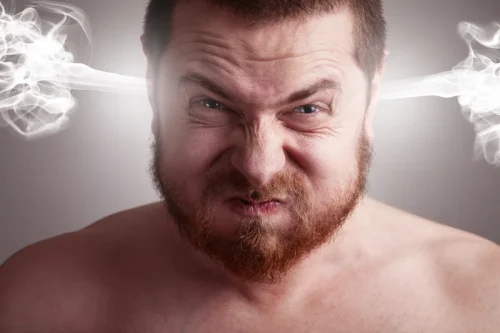
It’s also worth noting that, apart from alcohol withdrawal, hot flashes may occur as a result of alcohol intolerance — which is when our body has an adverse reaction to alcohol. While facial flushing, nausea, headaches, a stuffy nose, and itchiness are the most common symptoms, low blood pressure, high heart rate, diarrhea, hot flashes, and shortness of breath are typical as well. In fact, alcohol actually lowers your core body temperature because the rush of blood to why does alcohol make you hot the skin’s surface is a means of body cooling. A few drinks may cause your heart to accelerate, which further increases the chances of flushing and sweating.
delicious winter fruits for weight loss
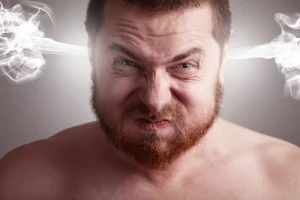
When my father first moved to the United States, he what is alcoholism somehow ended up living in a trailer park in West Virginia. Within a few years, he was attending West Virginia University and noticed that one strategy a lot of students used to keep warm during football games (go Mountaineers!) in the winter was to drink a lot of vodka. Because drinking can spread a warm sensation through your body, a lot of people wrongly believe that drinking alcohol can warm you up. It’s also important to note that warmth is generated by activity in the core organs as well as in the heart, brain and liver, and internal body actions like digestion have temperature-altering properties. When the digestive process reaches the liver, blood flow to the organ is increased to aid the metabolic process. When alcohol is added to the mix, the liver’s workload increases, demanding even more circulatory assistance and causing an overall drop in body temperature.
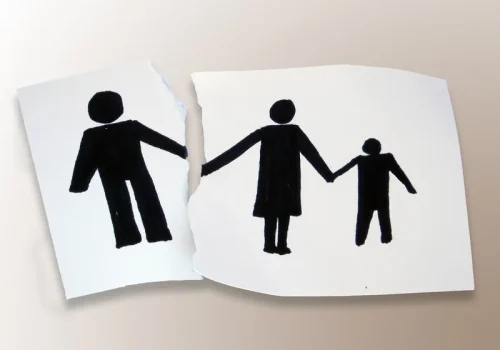
Weather in your inbox
- Alcohol withdrawal syndrome (AWS) is usually an uncomfortable process, which is why it’s recommended that people undergo medical detox to safely recover from withdrawal.
- While each patient is different, sweating can happen from a tumor, the treatment itself or drugs that might be prescribed for pain or other reasons, according to the National Cancer Institute.
- Usually, when you haven’t consumed alcohol, these hot flushes are your body’s signal to cool down.
This drop affects the hypothalamus, a part of the brain that regulates temperature. These pills help your body eliminate toxic acetaldehyde and process alcohol normally. This is the best solution to preventing your body from overheating as you drink alcohol. However, a few other tips include drinking slower, drinking less, stepping outside for some fresh air, and dressing lighter. We hope these tips help you – get your Sunset pills today and be ready for your next night out with the friends. If you want to minimise how hot you get when drinking, try drinking alcohol slower.
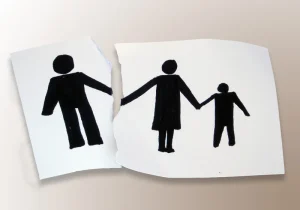
Can Drinking Alcohol Increase Body Temperature?

There you have it – we’ve answered the question – why does alcohol make you hot? Some people suffer from Asian flush reaction – and are incapable of properly metabolizing alcohol. While this can be annoying and uncomfortable, it is typically not cause for concern. It’s a common experience many of us have when alcohol hits our system. Our faces redden, sweat drips, and we begin overheating as if someone turned up the thermostat. Other factors, such as menopause or medication use, commonly cause hot flashes and night sweats.
- Furthermore, alcohol use disorder and alcohol withdrawal can cause tachycardia — a condition in which the heart beats irregularly fast — which has the potential to result in hot flashes and excessive sweating.
- In fact, as little as one drink can begin lowering your internal temperature.
- However, as long as we’re sensible and aware of our units, our chances of developing health issues are low.
- You may have experienced hot flushes as a symptom of an alcohol hangover.
It is acetaldehyde that causes the flushing reaction, along with other negative symptoms when drinking alcohol. Certain supplements like Sunset Alcohol Flush Reduction helps your body break down toxic acetaldehyde quicker so you experience less side effects from alcohol and aren’t exposed to acetaldehyde as long. Of course, the occasional alcoholic beverage shouldn’t be an issue, even for those with alcohol intolerance.
Alcohol Withdrawal and Hot Flashes
“Your body temperature isn’t actually changing; you’re just redistributing the heat,” he told Live Science. However, if you’re also experiencing red, itching, or tingling skin, you could be dealing with alcohol flush. “We live in a society where (drinking is) deeply ingrained… so I think it’s just a matter of people making decisions for themselves and understanding it’s not risk-free,” he said. Americans drink double their typical amount of alcohol during the holiday season, according to estimates, which can have a serious impact on health. Dehydration can lead to several digestive issues, from constipation to an imbalanced microbiome (the community of organisms in your digestive tract). Studies show that people who drink more water have lower rates of constipation compared to those who don’t drink enough water.
Women going through menopause also experience hot flashes naturally and drinking alcohol can worsen these symptoms. It’s not uncommon for people to experience hot flashes following a night of drinking. In fact, hot flashes typically occur during a hangover, as our body temperature starts to rise from the low body temperature we had when we were intoxicated. While this process makes our skin feel warmer, the widening of blood vessels is actually our body’s way of cooling itself down after drinking alcohol. Because of this, our skin might feel warm because our body is simply trying to push heat out. According to Discovery, alcohol makes your skin feel warm, but it isn’t protecting you from the cold.
Can certain medications interact with alcohol and cause increased heat sensation?
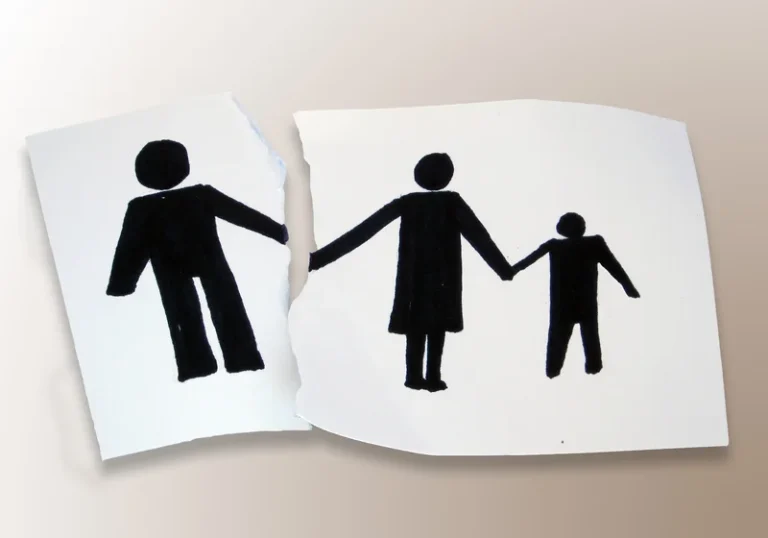
Alcohol also increases urination, which makes your body lose water along with sweat and can lead to dehydration. Due to the hangover inducing a fight-or-flight response, hot flashes may occur while you are drunk and feeling hungover. However, it’s important to know the signs of alcohol poisoning, especially after an episode of binge drinking. When you drink alcohol, it’s absorbed into your bloodstream through your stomach and small intestine. From there, it travels to your liver, where it is metabolized into acetaldehyde and then into acetate. Your liver is actually the main heat-producing organ in your body anyway.